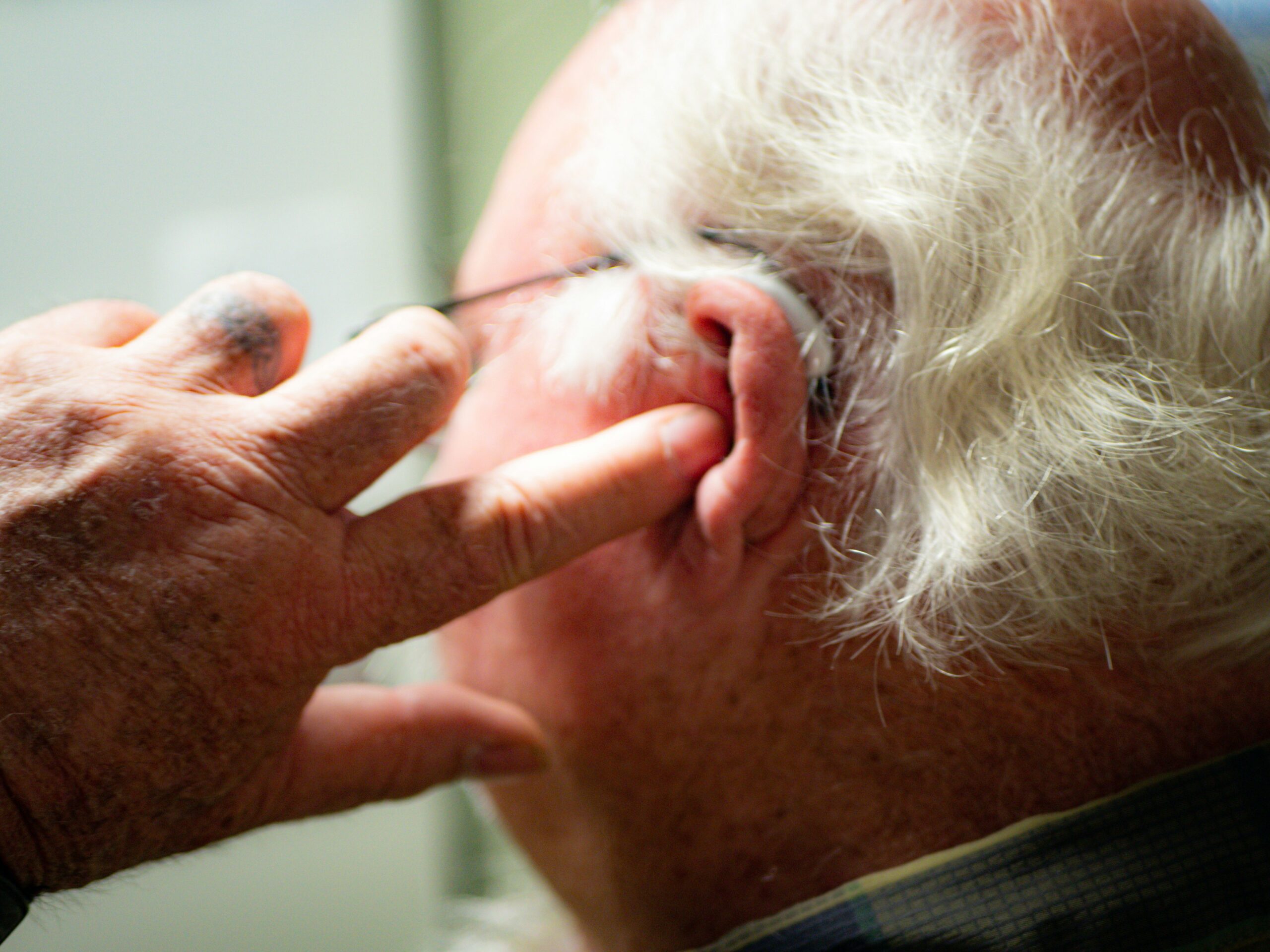HEARING AIDS FOR SENIOR CITIZENS
The Audiology Place is proud to be a Contracted Service Provider under the Government Hearing Services Program. This means that if you are an Australian citizen or permanent resident over the age of 21 and meet any of the following conditions, you may be eligible for fully subsidised hearing aids:
- Holder of a Pensioner Concession Card
- Holder of a Department of Veterans’ Affairs Gold Card
- Holder of a Department of Veterans’ Affairs White Card issued for specific conditions that include hearing loss
- Receiving Sickness Allowance from Centrelink
- Dependent of a person in one of the above categories
- Member of the Australian Defence Force
- Referred by the Disability Employment Services (Disability Management Services) Program
- National Disability Insurance Scheme (NDIS) participant with hearing needs, referred by a planner from the National Disability Insurance Agency
If you believe you may be eligible or have any questions about the program, please contact us. We're here to help you navigate your options and ensure you receive the best possible care and support for your hearing needs.


What Is the Hearing Services Program?
The HSP is a national initiative that provides access to high-quality hearing services and hearing devices to eligible Australians. It is designed to improve communication, independence and quality of life through subsidised care. Depending on your needs, you may be entitled to a fully subsidised hearing device (no out-of-pocket cost) or a partially subsidised device, where you pay only the gap for enhanced features.
Who Is Eligible?
You may be eligible for the voucher scheme under the HSP if you are:
An Australian citizen or permanent resident (including Norfolk Island residents),
Aged 21 or older,
And meet one of the following:
A Pensioner Concession Card holder or their spouse,
A Department of Veterans’ Affairs Gold or White Card holder (hearing-specific conditions),
A member of the Australian Defence Force or a reservist in full-time service,
Referred by a Disability Employment Service.
Alternatively, the Community Service Obligation (CSO) component, administered by Hearing Australia, supports:
Children and young people under 26,
Aboriginal and Torres Strait Islander people aged 50+ or involved in the Community Development Program,
Those in remote areas or with complex hearing and communication needs.

